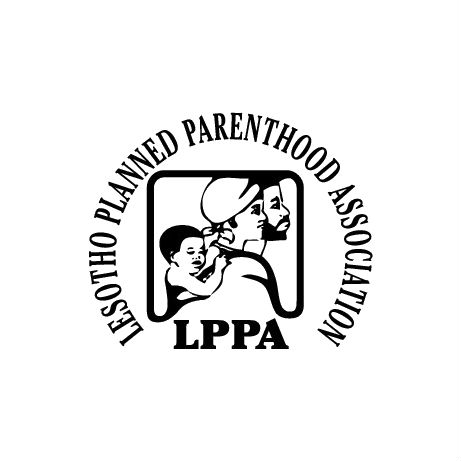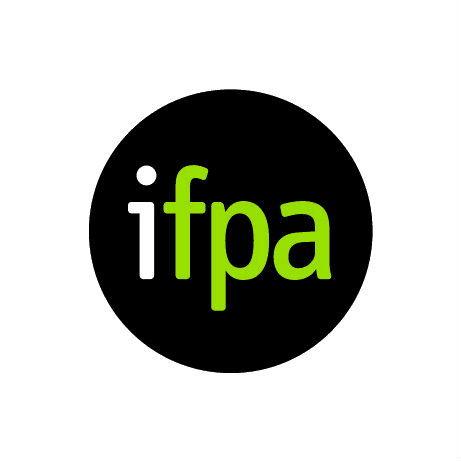

| 31 March 2016
Lesotho Planned Parenthood Association
One of IPPF’s central beliefs is that processes and approaches need to be adapted to meet the specific needs of a country. In Lesotho, a country with one of the highest HIV prevalence rates in the world, LPPA is very active in finding new ways to address neglected needs. LPPA provides a comprehensive range of sexual and reproductive health including: family planning, the management of sexually transmitted infections (STIs), screening for cancers of the reproductive system, the distribution of contraceptives and emergency contraceptives, pregnancy testing, post-abortion care, voluntary counselling and testing (VCT) and the management of infections. Clients are referred to other centres for CD4 tests and ARV treatment. LPPA reaches out to the communities it serves through 47 service points: 10 permanent clinics, 9 private providers, 30 associated agencies, 90 peer educators and 14 community-based distributors (CBDs). There are 54 permanent staff who are supported by over 200 volunteers. An estimated 75% of LPPA's clients are poor, marginalized, socially excluded and/or under-served. Target groups include cattle herders, prisoners, rural populations, factory workers, university students, police trainees and people living with HIV and AIDS. LPPA targets out-of-school children, and disseminates SRH information through drama, puppetry, sports for life, and facilitated discussions. Other education programmes include health talks, workshops, performances and radio and TV shows. In advocacy, LPPA reaches out to teachers, religious leaders and government leaders to promote favourable approaches to, and legislation on, SRH. LPPA has influential partnerships with government health and population departments, and it partners with major non-governmental organizations (NGOs). Donors include Irish Aid, UNDP, the Japan Trust Fund, and IPPF’s Korea Africa Fund. The Member Association has strong linkages with other organizations across the country, particularly in relation to HIV and AIDS.

| 31 March 2016
Irish Family Planning Association
The Irish Family Planning Association (IFPA) was founded in 1969. Since then, the organization has been a pioneering force in sexual and reproductive health and rights (SRHR) in Ireland, as an educator, a researcher, opinion former and service provider. The IFPA worked for years for the removal of the constitutional ban on abortion and, since 2019, proudly provides early abortion care among its services. In its early days, when contraception was illegal, the organization opened Ireland’s first family planning clinics. It helped establish sex education programmes in schools and set up Ireland’s first confidential sex helpline for young people. The organization provides specialist training in contraception for healthcare professionals, and on sexual health for community groups, young people and parents. The IFPA has 2 clinics in Dublin and 10 pregnancy counselling centres nationwide. It operates Ireland’s only community based FGM treatment clinic. The IFPA works for the fulfilment of the rights to respect for reproductive autonomy and access to sexual and reproductive health and rights, with a particular focus on the SRHR of adolescents, young people and vulnerable or disadvantaged groups. Current priorities include: universal free access to contraception, improved sexuality education within school curricula and the removal of the remaining barriers to access to abortion care.







